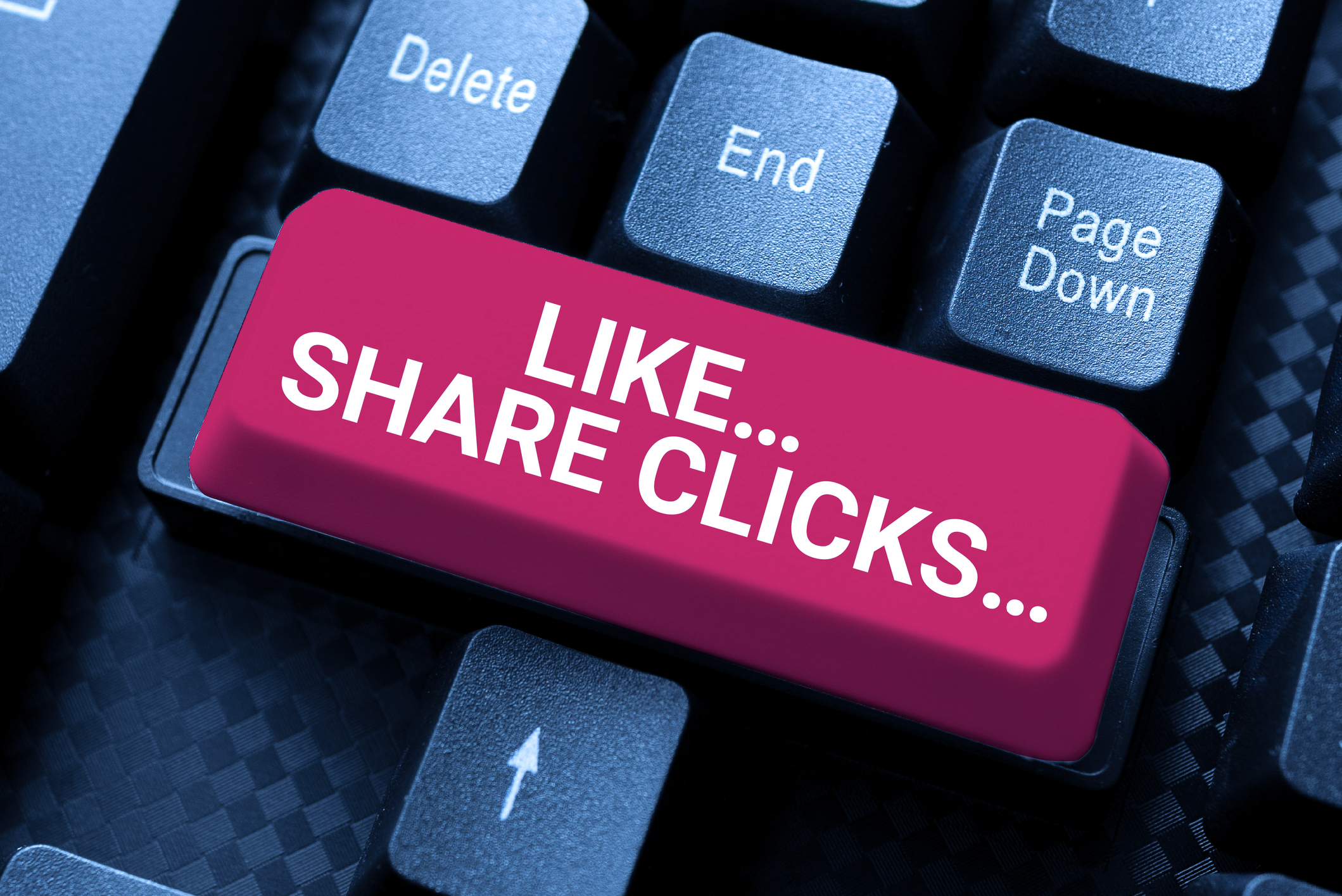Top 10 Ways Social Media Influences Mental Health Dynamics
In the vast expanse of the digital age, social media has become a ubiquitous presence, weaving itself into the very fabric of our daily lives. Its influence on mental health is a complex tapestry, colored by the way it shapes our interactions, perceptions, and self-image. As we embark on this exploration, we will delve into the multifaceted relationship between social media and mental health dynamics. Each section of this article is a thread in the larger narrative, unraveling the ways in which these platforms impact our psychological well-being. From the subtle shifts in our behavior to the profound changes in societal norms, social media’s reach is far and wide. Let us begin our journey with an understanding that while social media can be a tool for connection and empowerment, it also holds the power to disrupt and challenge our mental equilibrium.
**1. The Comparison Trap: Self-Esteem in the Age of Social Media
Social media platforms are a showcase of personal highlights, creating an environment ripe for comparison. As users scroll through feeds filled with curated images of others' lives, the comparison trap is sprung, often leading to feelings of inadequacy and diminished self-esteem. Studies have shown that frequent engagement with social media correlates with negative body image and poor self-worth, particularly among adolescents and young adults. This section examines the psychological mechanisms behind social comparison and how they are amplified by the immediacy and accessibility of social media. It also explores strategies for mitigating these effects, such as promoting media literacy and fostering an environment of support and authenticity online.

